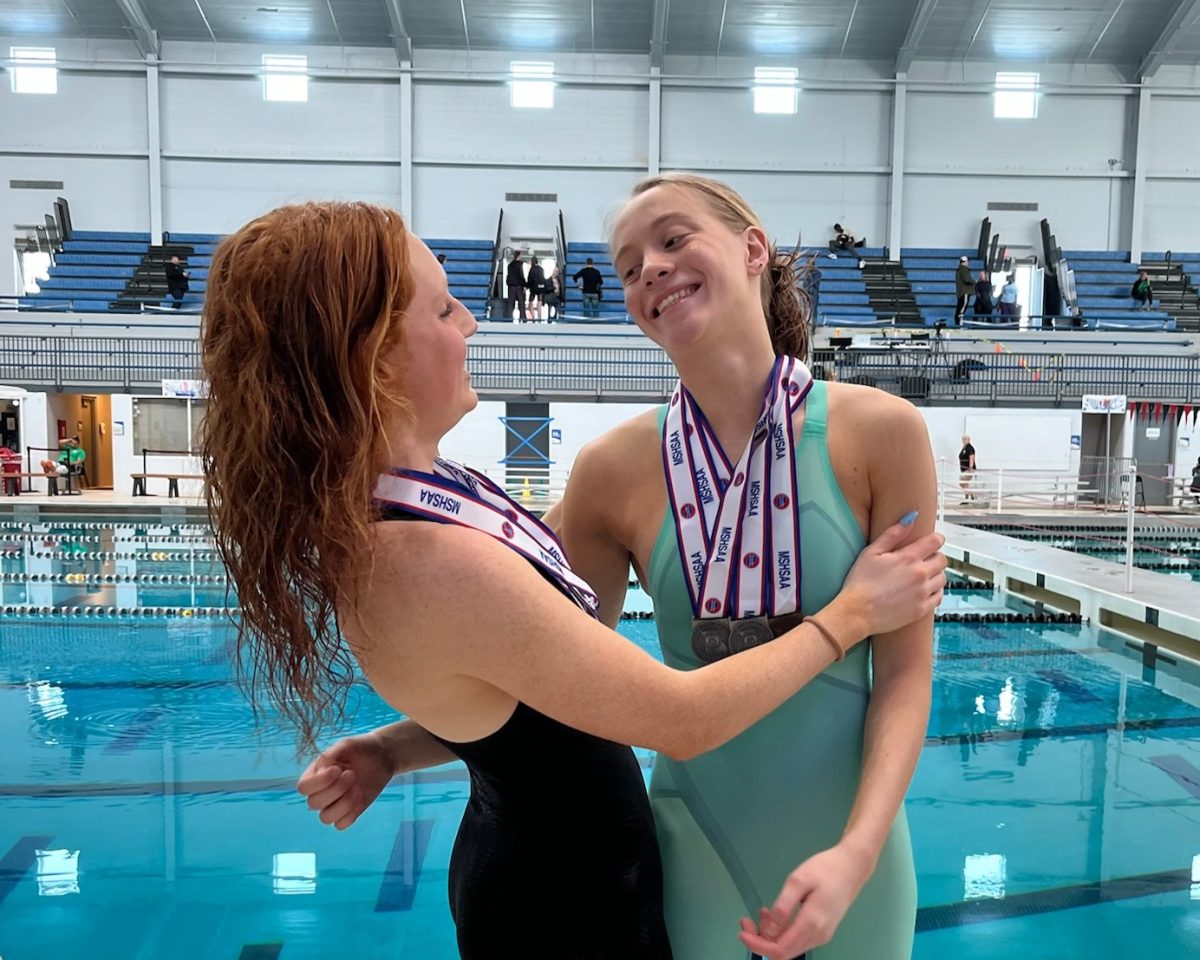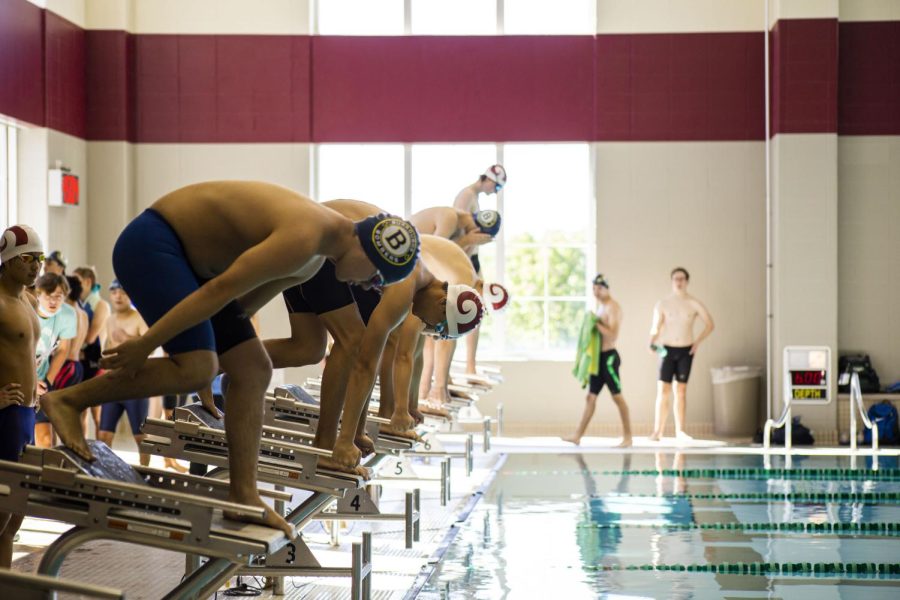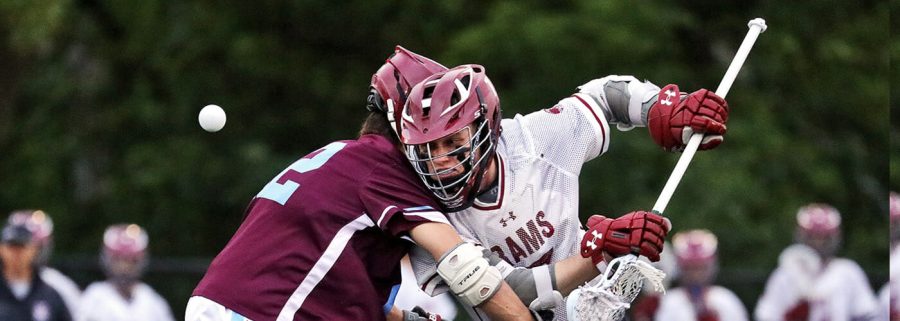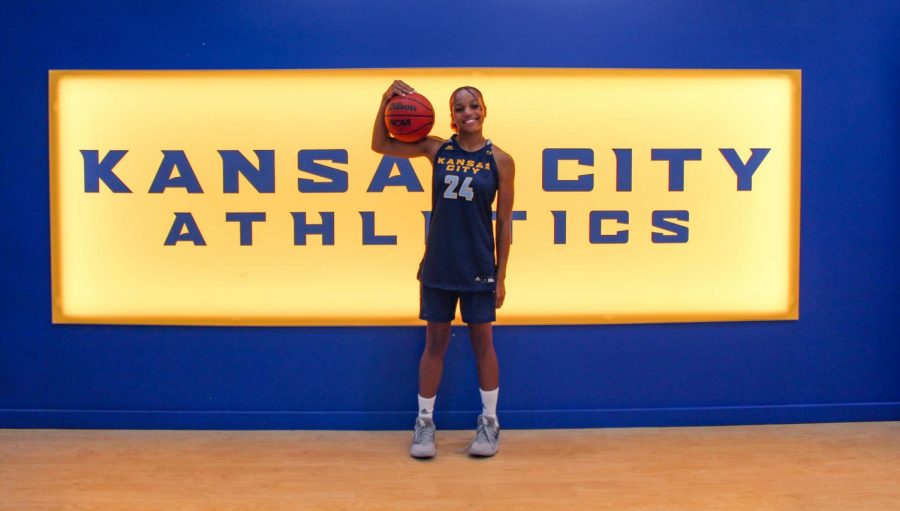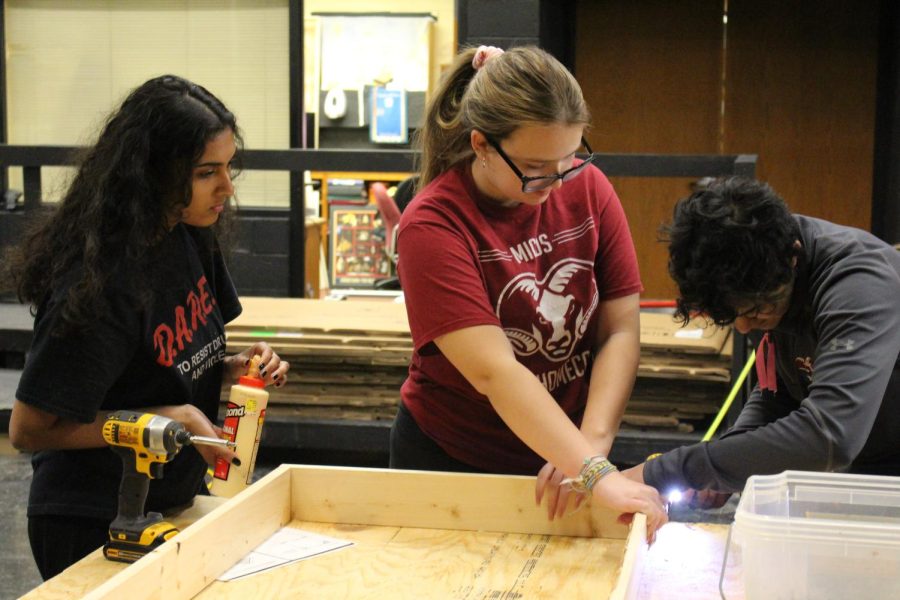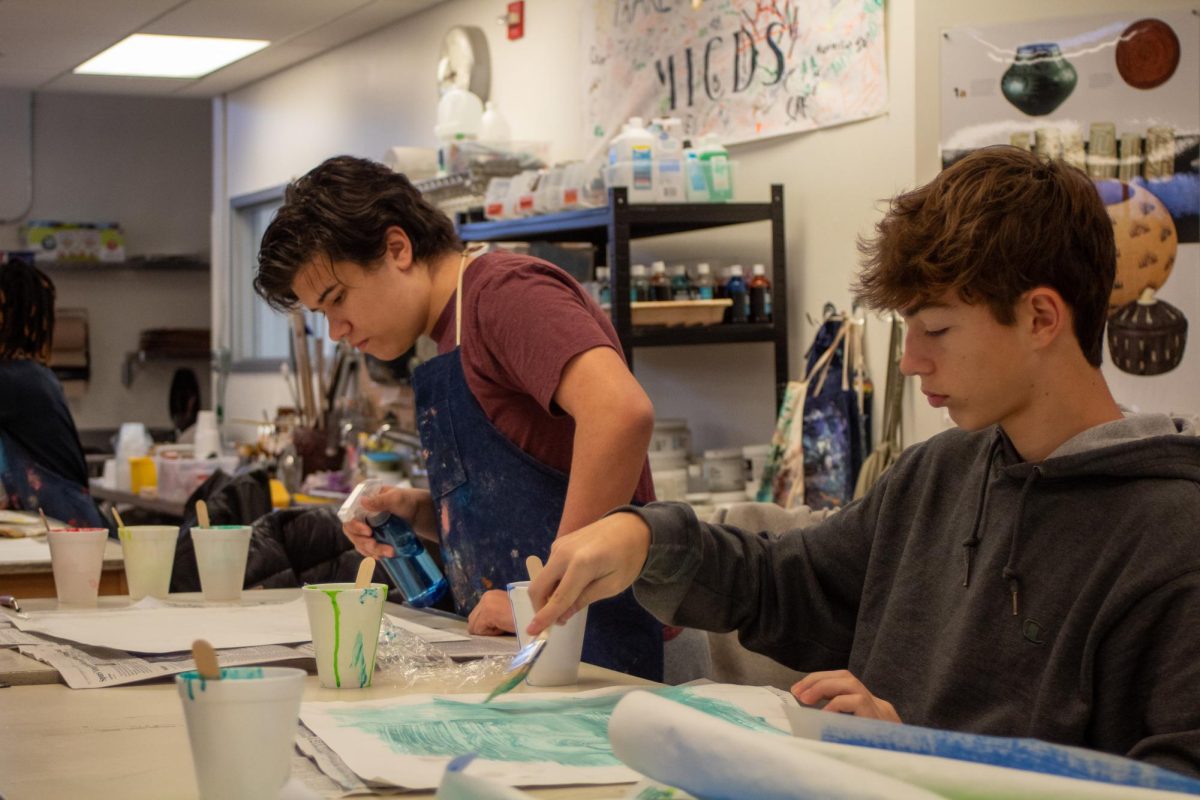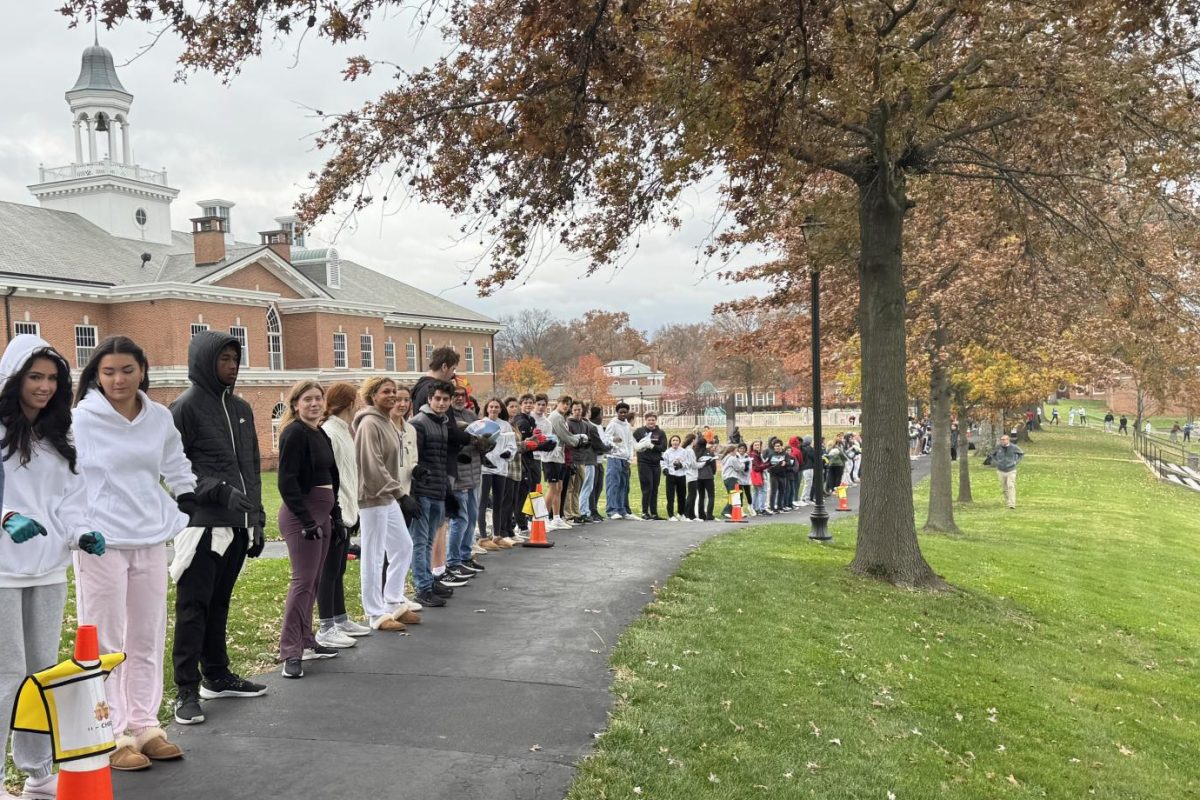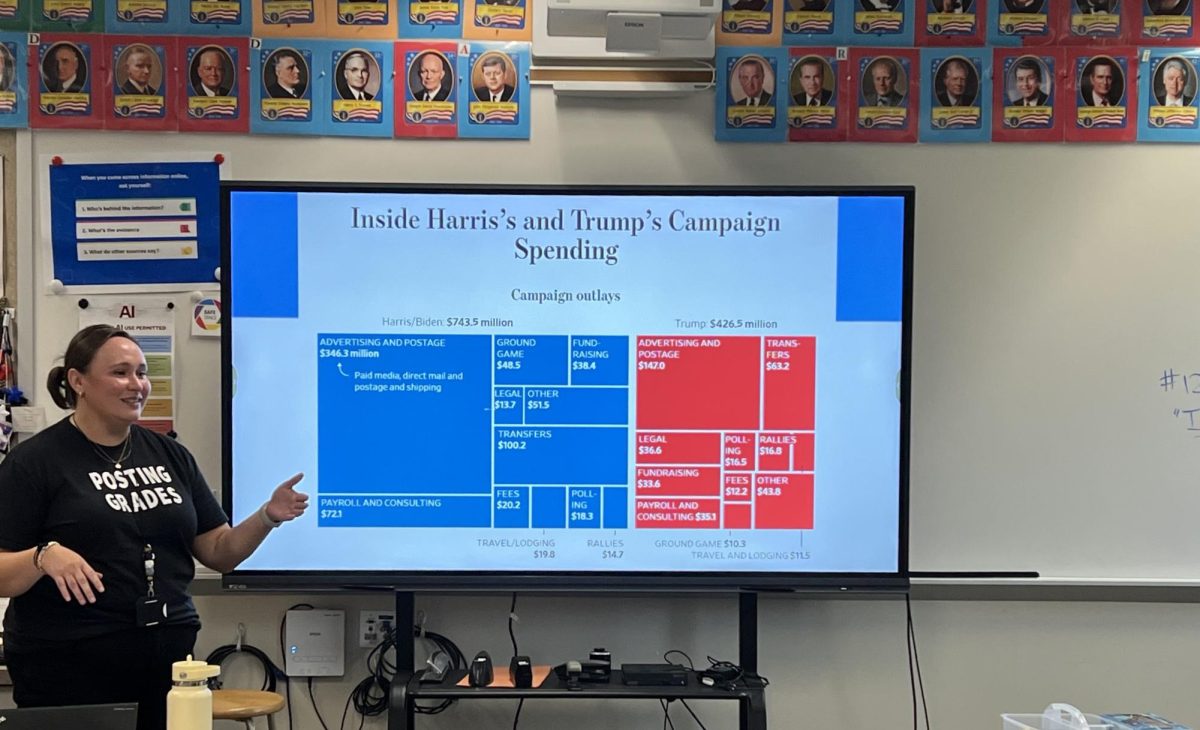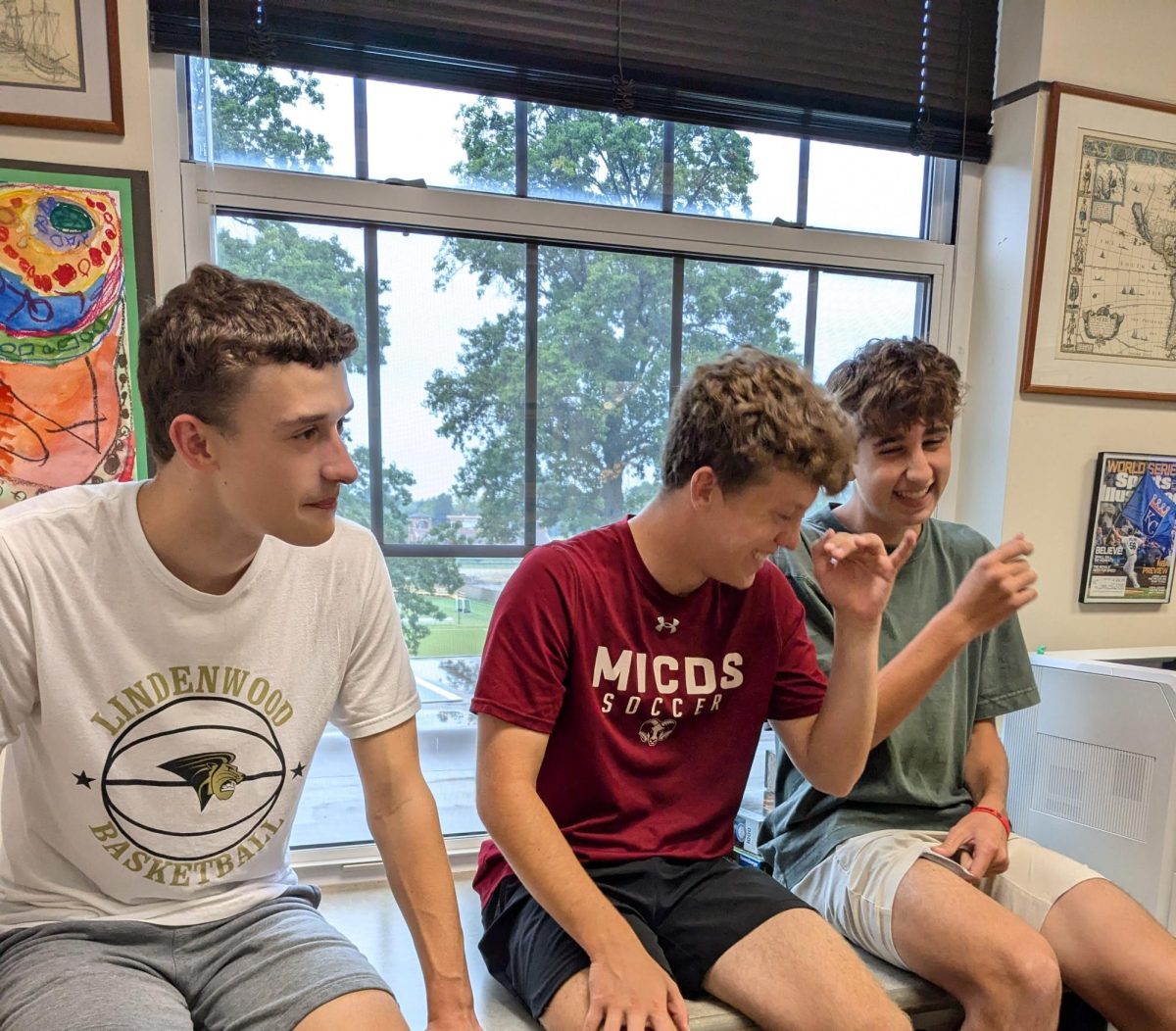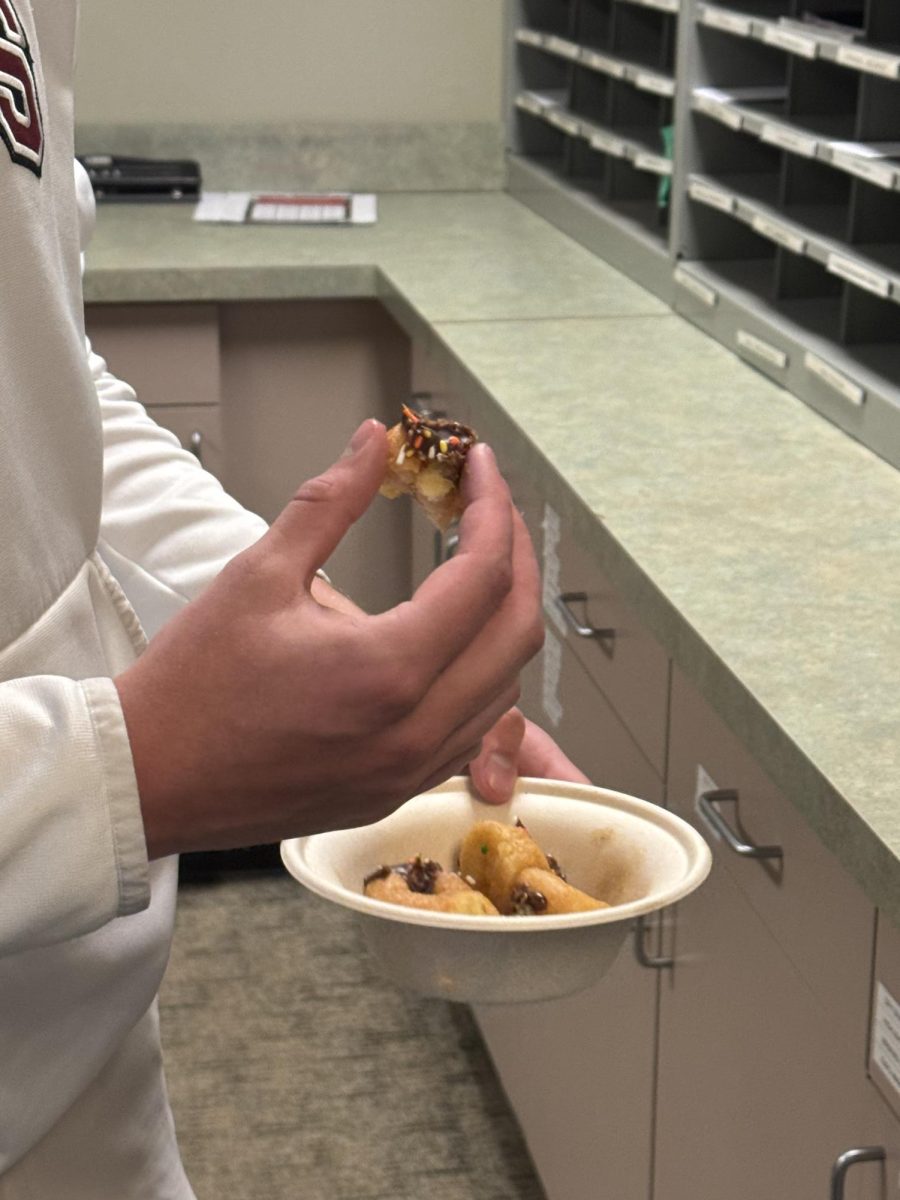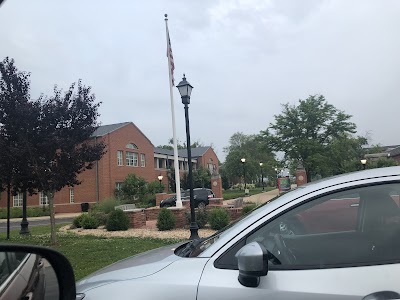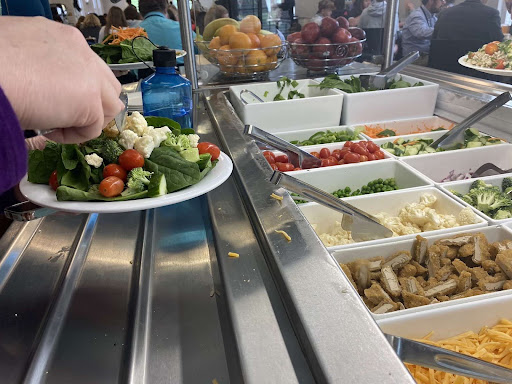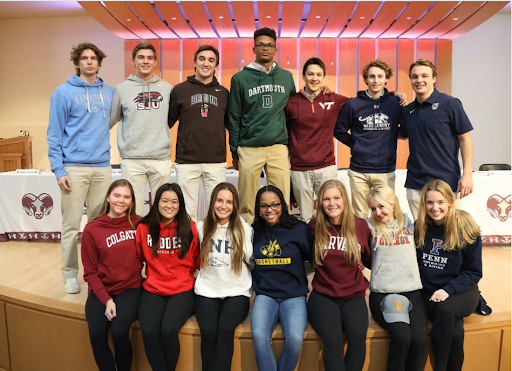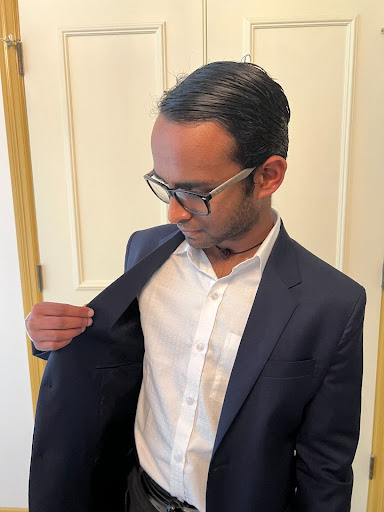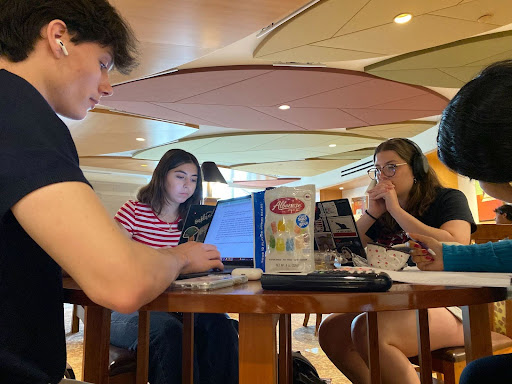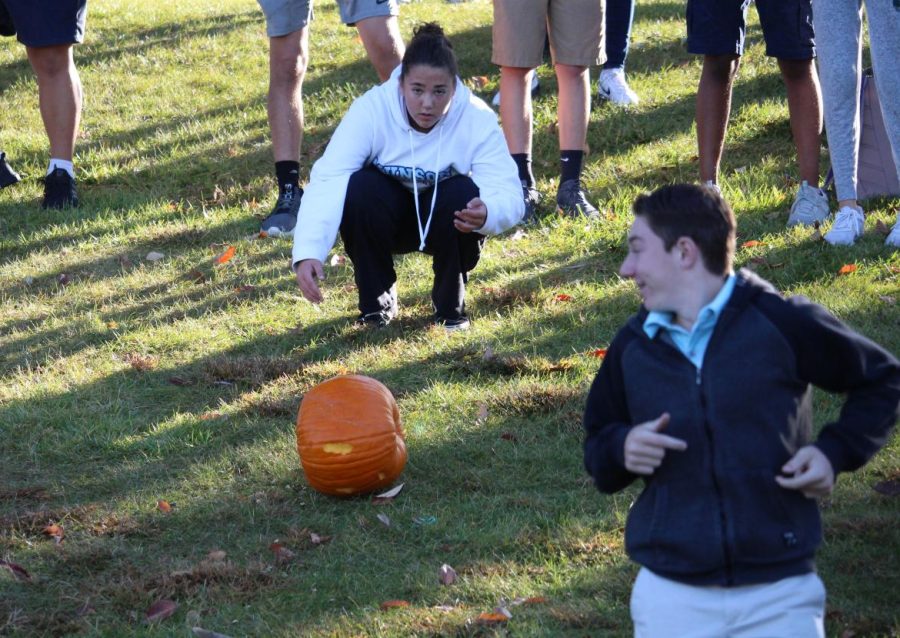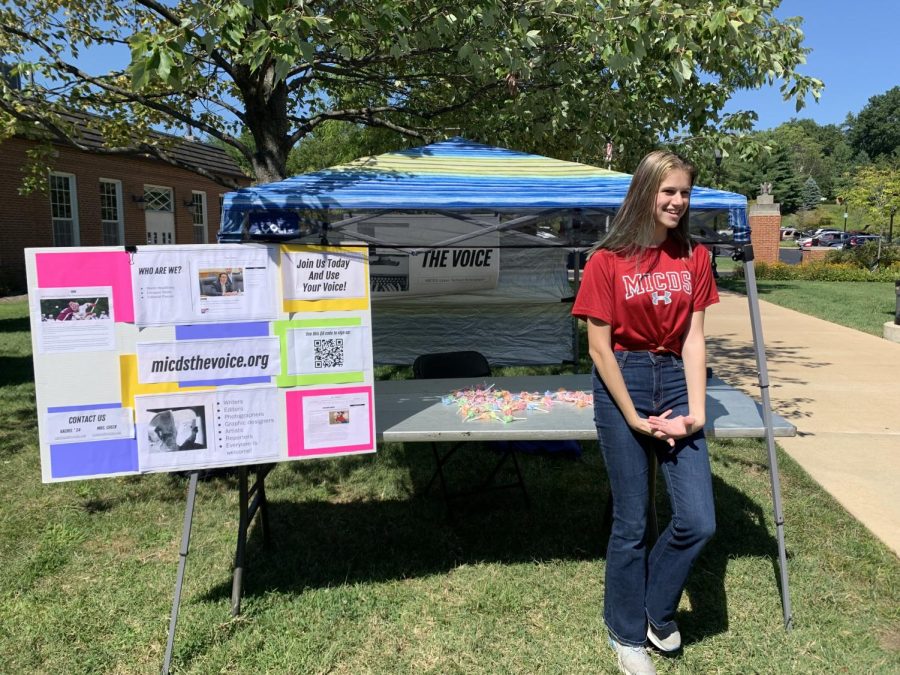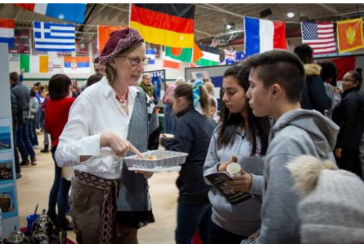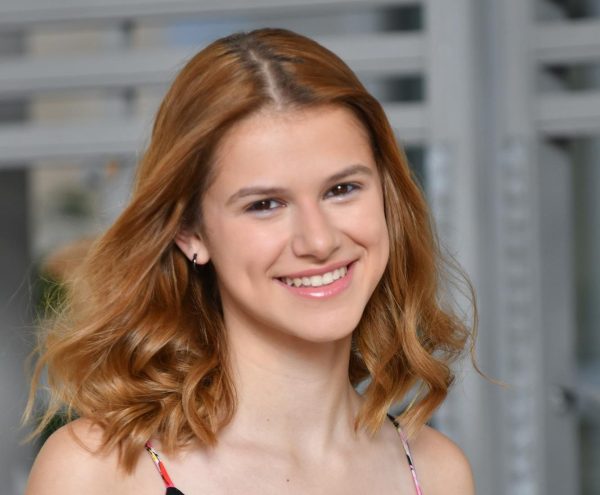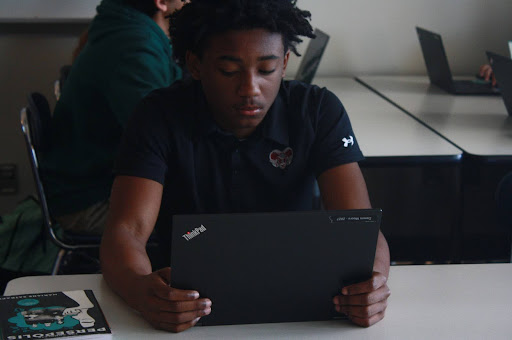
A new course is coming to MICDS: a course specific to studying artificial intelligence. Beginning in the Spring semester of 2024-2025 school year, the course offerings will include a science elective to educate students on the practical applications of artificial intelligence in academics and the workplace. The course also hopes to teach students to use the tool responsibly and ethically.
The Upper School Curriculum Guide describes the course as one that “provides an in-depth exploration of the dynamic and rapidly evolving field of Artificial Intelligence (AI)” that “aims to educate students on how to utilize AI in a manner that aligns with academic integrity, specifically teaching them to navigate and adhere to plagiarism and attribution standards in their work.”
“I think it’s a good course to have,” Joe Intagliata ‘25 said. “I think it’ll be useful in the future and it’s an important thing to know because it is sort of becoming more, a bigger part of our lives in kind of an all consuming sort of way.”
The use of Artificial Intelligence (AI) platforms, such as ChatGPT, has been growing in popularity in recent years. But these technologies are not without their challenges, especially in academic settings. While AI can be a valuable tool when put to use ethically, it can also be used to bypass traditional work and study methods, if students rely on the software to do work for them.
“As the technologies are advancing, we need to catch up to those technologies. We have lots of resources at MICDS that can do that,” Dr. Megumi Yoshioka-Tarver, Chemistry teacher said.
Dr. Meg has already begun integrating AI into her classes curriculum. “It’s overwhelming to pick up the ideas, sometimes, to start a project. I kind of look at AI as the same as Google but more focused,” she said. Dr. Meg gives her students the okay to use AI as a tool for some projects. “As long as it’s being used as a tool, and not a way to cheat, I think it’s totally okay for AI to be used.”
“Different types of education need to be implemented for teachers to explore more what it can do and how can we use it in educational settings,” Dr. Meg said. “And then, for students, how to use it, and what’s okay and what is not okay.”
“I just think that there’s so little known about what AI can do,” Honor Council Co-Head Ella Brauer ‘24 said.
“I don’t think anybody is appropriately educated on AI as of right now,” Honor Council Co-Head Samruddh Singh ‘24 said. “It’s a very new thing.”
“I know we’re supposed to be very excited and hyped up about it,” Chris Rappleye, English teacher, said. “I just don’t see it as something that should be moved to the center of a curricular decision,” he added.
Brauer is admittedly pessimistic about the prospect of a course about using AI. “It’s not the best use of time… I also think that teaching kids how to use AI only makes them more well versed in how to use AI and I just feel like it would encourage the misuse of AI,” she said. But she also added: “It could be beneficial down the road.”
“I think it’s more holistic than just saying the adults need to get on board,” Rappleye said. “I think kids need to be much more strategic… and start thinking about, well, what am I training?”
MICDS administration has been relatively clear on what is and is not allowed. “The use of technologies (or other outside help) to generate thoughts, analysis, and creations in place of [students’] own work is prohibited,” the All School Handbook reads.
“We know it’s cheating if you use it, that’s pretty much the bottom line,” Zoie Tolson ‘24, said.
The reality is that currently, students don’t always know how to use AI ethically. According to Singh, Honor Council cases have more than doubled in the past year. “The only reason that is so is because of AI.”
“The increase in cases that we’ve seen using AI and the increase in cases in general, for Sam [Singh] and I, has been really concerning,” Brauer said. “Almost every morning, it’s been a new email.”
“I think it’s sort of scary the way that some people are working to replace themselves with AI doing things that really a human being should be doing themselves,” Intagliata said.
As the Honor Council leadership begins to turn over into the new year, the council is attempting to streamline the way it handles cases related to AI. “One of their goals is to create a more outlined set of rules for the school as a whole,” Brauer said.
“We have very little to go off,” Brauer added. “It is a case where we have to kind of treat it with a lot of caution.
While AI is new, plagiarism is not. Right now, the way the Honor Council treats the two issues is very similar. “You treat it like any other sort of plagiarism and you go with consequences from there,” Singh said.
“[AI] is a new thing, but I think Honor Council is handling it pretty well,” he concluded.

